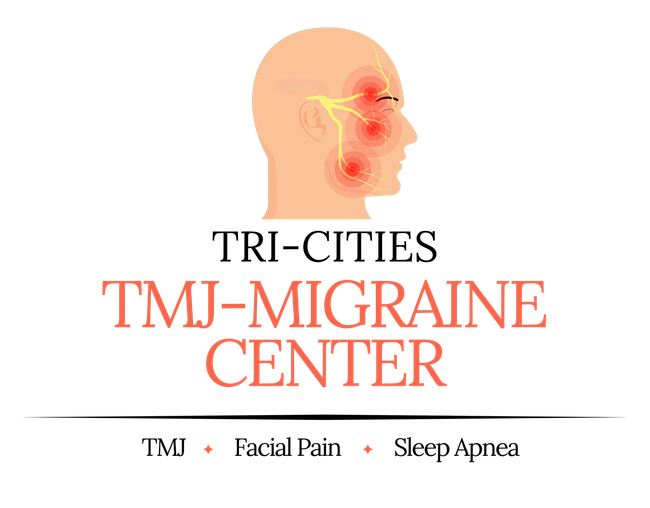Providing comprehensive dental care for families in Johnson City and the Greater Tri-Cities area.
Healthy Smiles Start Here
With Dr. Bo Westmoreland DDS & Dr. Michael Fuchs DDS

Exceptional Dental Care, Compassionate Service
Welcome to Westmoreland Dental Group – where your comfort and health come first. We are committed to providing top-quality dental care with advanced treatments and a personalized approach. Whether you're looking for general dentistry, TMJ therapy, or cosmetic solutions, our experienced team is here to help you achieve a healthy, confident smile.
- Comprehensive Care – General, cosmetic, and TMJ treatments.
- Advanced Technology – Precision, comfort, and efficiency.
- Personalized Approach – Care tailored to you.
- Experienced Team – Skilled, dedicated professionals.
- Comfort-First – Relaxing, stress-free visits.
Dental Services for Every Smile
From preventive care to advanced treatments, our team is dedicated to providing you with the highest quality dental care tailored to your needs.
Dentistry Services
Comprehensive care for your teeth and gums, including cleanings, fillings, and preventive treatments to keep your smile healthy.

Sedation Dentistry
Relax and feel at ease during your visit with safe and effective sedation options for a stress-free dental experience.

Clear Correct
Straighten your teeth discreetly with comfortable, nearly invisible clear aligners customized for your smile.

Dentures
Restore function and confidence with custom-fitted full or partial dentures designed for comfort and a natural appearance.


Relief for TMJ Pain & Migraines
Do you suffer from jaw pain, headaches, or facial tension? These could be signs of TMJ disorder (TMD), a condition affecting the jaw joint and surrounding muscles. At Westmoreland Dental Group, we offer advanced TMJ treatments to relieve discomfort and restore jaw function.
Our TMJ Treatment Options:
- TMJ & Migraine Therapy – Customized treatments to alleviate jaw pain, headaches, and tension caused by TMJ disorders.
- TMJ Laser Treatment – A non-invasive laser therapy designed to reduce inflammation and promote healing for lasting relief.
Don’t let TMJ pain affect your daily life. Find the right solution for you today!
Cutting-Edge Dental Technology for Superior Care
At Westmoreland Dental Group, we are committed to providing the highest level of care by utilizing the latest advancements in dental technology. Our state-of-the-art equipment allows for more precise diagnoses, minimally invasive treatments, and a more comfortable experience for our patients.
Our Advanced Technology Includes:
- Computers – Digital integration in every operatory for seamless scheduling, patient education, and efficient care.
- Soft Tissue Laser – Minimally invasive treatment for gum contouring, lesion removal, and faster healing of mouth ulcers.
- Laser Cavity Detection – Advanced technology that identifies cavities early, allowing for smaller, less invasive fillings.
- Intraoral Cameras – High-resolution imaging that magnifies teeth up to 25x for more accurate diagnosis and treatment planning.
- Panoramic X-Rays – Provides a full view of your teeth, jawbone, and sinuses with less radiation than traditional x-rays.
- Sterilization – Industry-leading sterilization techniques ensure a clean and safe environment for every patient.
- Loupes – Magnification glasses that enhance precision and accuracy during dental procedures.
- CEREC Scanner – Digital impressions for crowns, bridges, and night guards—no more messy impression material!
By investing in the latest dental technology, we make your visit faster, safer, and more comfortable. Experience the difference at Westmoreland Dental Group!
Get in Touch with Us
At Westmoreland Dental Group, your smile and comfort are our top priorities. Whether you need to schedule an appointment, have questions about our services, or need assistance, we're here to help!
Location: 508 Princeton Road, Johnson City, Tennessee 37601
Phone: (423) 282-2844
Hours: Monday - Thursday 8am - 5pm
New Patients Welcome!
Contact us today to experience exceptional dental care in a friendly and comfortable environment.
Request an Appointment
Fill out the form below or give us a call to schedule your visit. We’ll be happy to answer any questions and help you find a convenient time for your appointment.
Contact Us
We will get back to you as soon as possible.
Please try again later.

